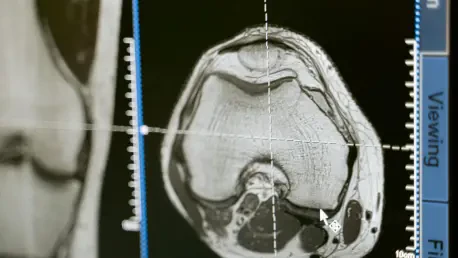
Could the future of brain tumor diagnosis truly be in the hands of artificial intelligence? As medical science rigorously explores the confluence of technology and healthcare, AI emerges as a groundbreaking tool in the world of cancer diagnostics. Specifically, this transformative technology

Despite advances in medical technology, early diagnosis of breast cancer remains a formidable challenge, with significant implications for patient outcomes and healthcare systems. Researchers have continually searched for innovative solutions to enhance predictive accuracy and diagnostic

Ivan Kairatov is a renowned expert in biopharma, with a strong track record in research and development, particularly in technological innovations that drive pharmaceutical advancements. With his deep understanding of these domains, Ivan offers insights into groundbreaking studies and developments,

Can a newly discovered genetic syndrome completely reshape how cancer is treated? The emergence of DIAL syndrome, which impairs DNA repair mechanisms and elevates cancer risk, presents that possibility, stirring curiosity among researchers and medical professionals. The revelation raises an

In today's interview, we have the pleasure of speaking with Ivan Kairatov, a biopharma expert renowned for his expertise in technology and innovation within the industry. With extensive experience in research and development, Ivan provides invaluable insights into the current challenges and

The burgeoning field of microbiome science holds significant promise for revolutionizing clinical care. At the core of this research is an exploration of the human microbiome, the vast community of microorganisms inhabiting our bodies. Recent technological advances have paved the way for mapping